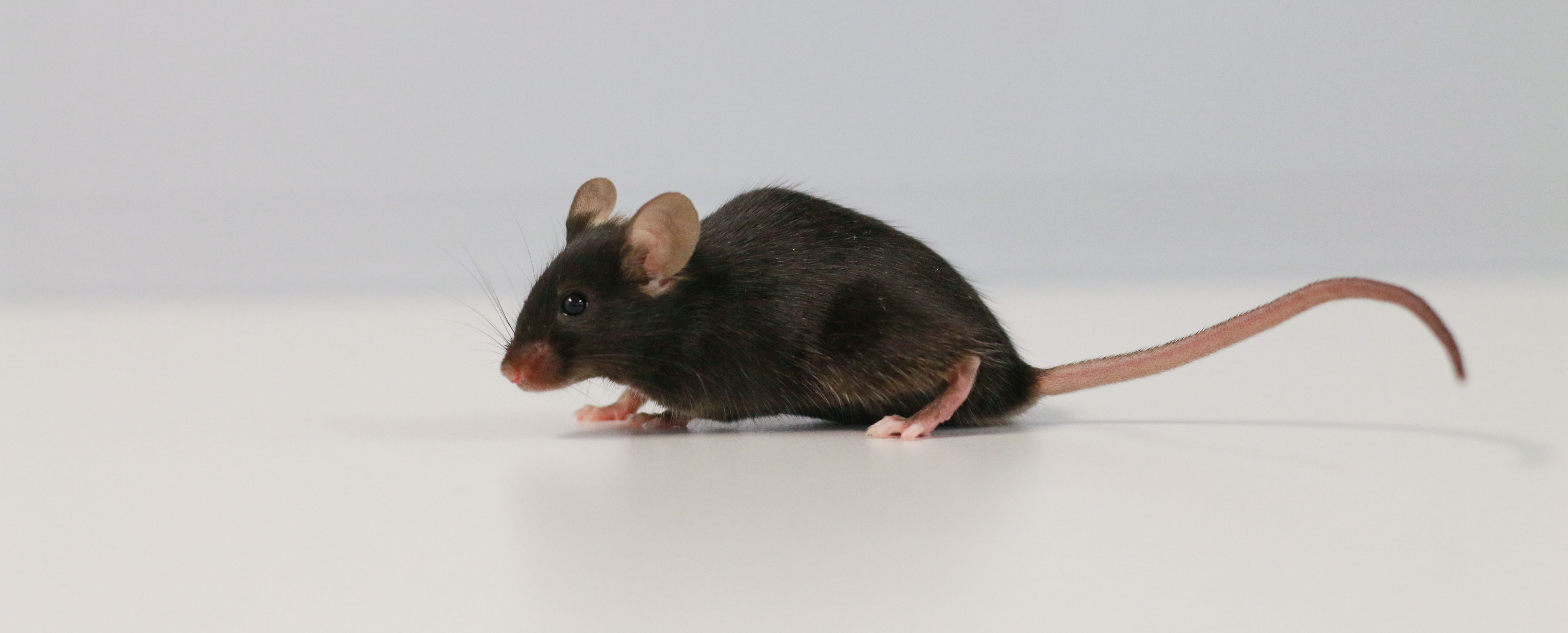On this page: Adding a new individual to a protocol | Animal methodology workshop Information | Training Opportunities

To ensure ethical and compliant practices, we kindly ask all McGill staff and students working with animals to register for the Animal Compliance Office session. During this session, we will guide you through the necessary processes and steps involved in working with animals at McGill. Please note that this session is exclusively for McGill staff and students.
The McGill mandatory training involves:
-
Theory course: Everyone working with animals must successfully pass McGill University's online course.
-
Practical training: All personnel who will be handling live rodents and rabbits need to take hands-on workshops given at one of our several training sites (more information below).
-
For practical training with avian species, farm animals, reptiles, amphibians and fish, please contact animalcare [at] mcgill.ca for more information.
For RI-MUHC users, please contact ard.training [at] muhc.mcgill.ca or follow this link Theoretical Exam on Animals Used in Research – Fill out form.
Adding a new individual to a protocol / What steps should I follow to work with animals?
- Get access to the Animal Management Software by filling out this form
- Register to the appropriate species-specific modules and training sessions covering the procedures you will perform. Register as soon as possible since classes fill up quickly.
- For the Ethics theory portion, click here to read the material online.
- Ask your PI to add you to their Animal User Protocol.
- Request a Facility Orientation.
After the orientation is complete, you may now be granted access to the facility.
For species other than laboratory rodents and rabbits, the person will need to have received training from an experienced person (who must meet approval by the Animal Care Committee). A form called 'Certification for Non-rodent Non-rabbit Training' must be completed by the trainer and submitted to the animalcare [at] mcgill.ca email. A student evaluation form is also required where the student initials after they have read the species-appropriate SOPs and their Animal Use Protocol. The forms to complete are available by emailing the animalcare [at] mcgill.ca (subject: Form%20Request%3A%20Certification%20for%20non-rodent%2C%20non-rabbit%20training%20) (Training Advisor).
More information on the CCAC training requirements can be obtained at: CCAC's training requirement information.
To inquire if specific specialized training is available, please contact the animalcare [at] mcgill.ca (subject: Specialized%20Training%20Availability) (Training Advisors).
Animal methodology workshop Information - What training do you need?
Training Opportunities/Continuing Education
 CCAC guidelines - Animal Welfare Assessment (Version française: Lignes directrices du CCPA : l’évaluation du bien-être animal
CCAC guidelines - Animal Welfare Assessment (Version française: Lignes directrices du CCPA : l’évaluation du bien-être animal FACC Roles and Responsibilities - June 27 2023
FACC Roles and Responsibilities - June 27 2023  CCAC - Reportable Animal Welfare Incidents (La version française)
CCAC - Reportable Animal Welfare Incidents (La version française) CCAC guidelines - FACC site visits
CCAC guidelines - FACC site visits CCAC Guidelines - Wildlife
CCAC Guidelines - Wildlife CCAC Guidelines - Identification of Scientific Endpoints - Humane Intervention Points and Cumulative Endpoints
CCAC Guidelines - Identification of Scientific Endpoints - Humane Intervention Points and Cumulative Endpoints
- CALAS Call for Abstracts is Open: CALAS's annual symposium is a networking and education event for the Canadian Laboratory Animal Science community.
- Submission deadline: January 15th (oral presentations); January 22nd (poster presentations),
Location: Saskatoon, Saskatchewan from June 22-25, 2024
- Submission deadline: January 15th (oral presentations); January 22nd (poster presentations),
- Refined Handling for mice: Learn why & how to use refined methods to pick up mice.
- ICCVAM Public Forum: May 2023: Presentation slides are available
- Chinchilla Consortium: Evidence-based refinements for chinchillas
- Animal Research Communications Seminar and Workshops: Agenda
- Care-full Stories: Interactive Training Resources for Developing Your Institution's Culture of Care: Care-full stories is a set of training materials designed to encourage people working in animal research to reflect on their institution's culture of care.
- Zebrafish husbandry education courses sponsored by the Zebrafish Husbandry Association (ZHA) are now available at the University of Alabama at Birmingham (UAB).
- Focus on Fish: The RSPCA has announced their free Focus on Fish online conference (available to to view anytime!)
- Tech 3Rs: NC3Rs has published a new issue of their Tech 3Rs newsletter. They highlight resources to improve mouse welfare in high-yield behavioral experiments, showcase rat refinement, and discuss career paths.
- Focus on Severe Suffering: The RSPCA held their 4th international ‘Focus on Severe Suffering’ meeting on August 2022. The meeting summary report is now available.
- Compassion fatigue, what is it and how to get help?
- How to Make Widespread 3Rs Change, a recorded webinar.
- Improving the welfare of macaques in laboratories, an interesting webpage.
- Canadian Aquatic Research Facilities SharePoint Site
- The goal of this group is to provide a mechanism for Aquatic Facility Managers, Researchers, and Technicians to communicate with colleagues across Canada.
- To request membership, please submit your request to alicia.oneill [at] ec.gc.ca.